End of the hunger strike at Dachau memorial site, 1980; pictured (left to right): Uta Horstmann, Anton Franz, Dronja Peter, Hans Braun, Romani Rose, Jakob Bamberger, Fritz Greußing, Franz Wirbel; photo: Documentation and Cultural Centre of German Sinti and Roma.
The hunger strike at the former concentration camp in Dachau
On Good Friday of 1980, twelve Sinti began a hunger strike at the memorial site of the former Dachau concentration camp. This action turned into a key event for the Sinti and Roma civil rights movement in Germany. The strike was given particular moral weight through the participation of concentration camp survivors Jakob Bamberger, Hans Braun and Franz Wirbel.
The “Landfahrerordnung” (Travellers’ Ordinance), which remained valid in Bavaria until 1970, had restricted the fundamental rights of Sinti and Roma for decades. Bavarian criminal police had been recording the names, fingerprints and personal details of Sinti and Roma from across Germany through until well into the 1970s. This information was in some cases added to files already created during the Nazi period. These files were used in many compensation proceedings to dismiss claims of Sinti and Roma who had survived the Holocaust.
The strikers sought to find out the whereabouts of the files. Their protest triggered a widespread wave of public solidarity, and marks a turning-point in the public perception of the minority. Around 100 national and foreign media reported on the events in Dachau. In the end, the regional government publicly conceded that they had to tackle the discrimination of Sinti and Roma. Furthermore, the Interior Ministry asserted that the files from the Bavarian criminal police had been destroyed in the early 1970s.
The civil rights campaigners met with Federal Minister of Justice Hans-Jochen Vogel in Dachau on 12 April 1980, thus marking the official end of the hunger strike. He promised them his support and described the protest action as a “very important impetus” for breaking down prejudice.
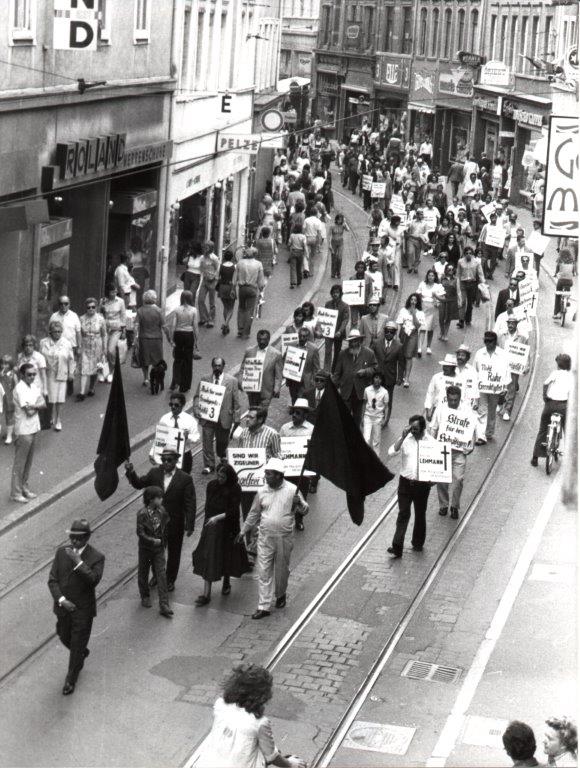
The early days of civil rights work of German Sinti and Roma
Exhibition “The long path to recognition of the Roma and Sinti Holocaust”
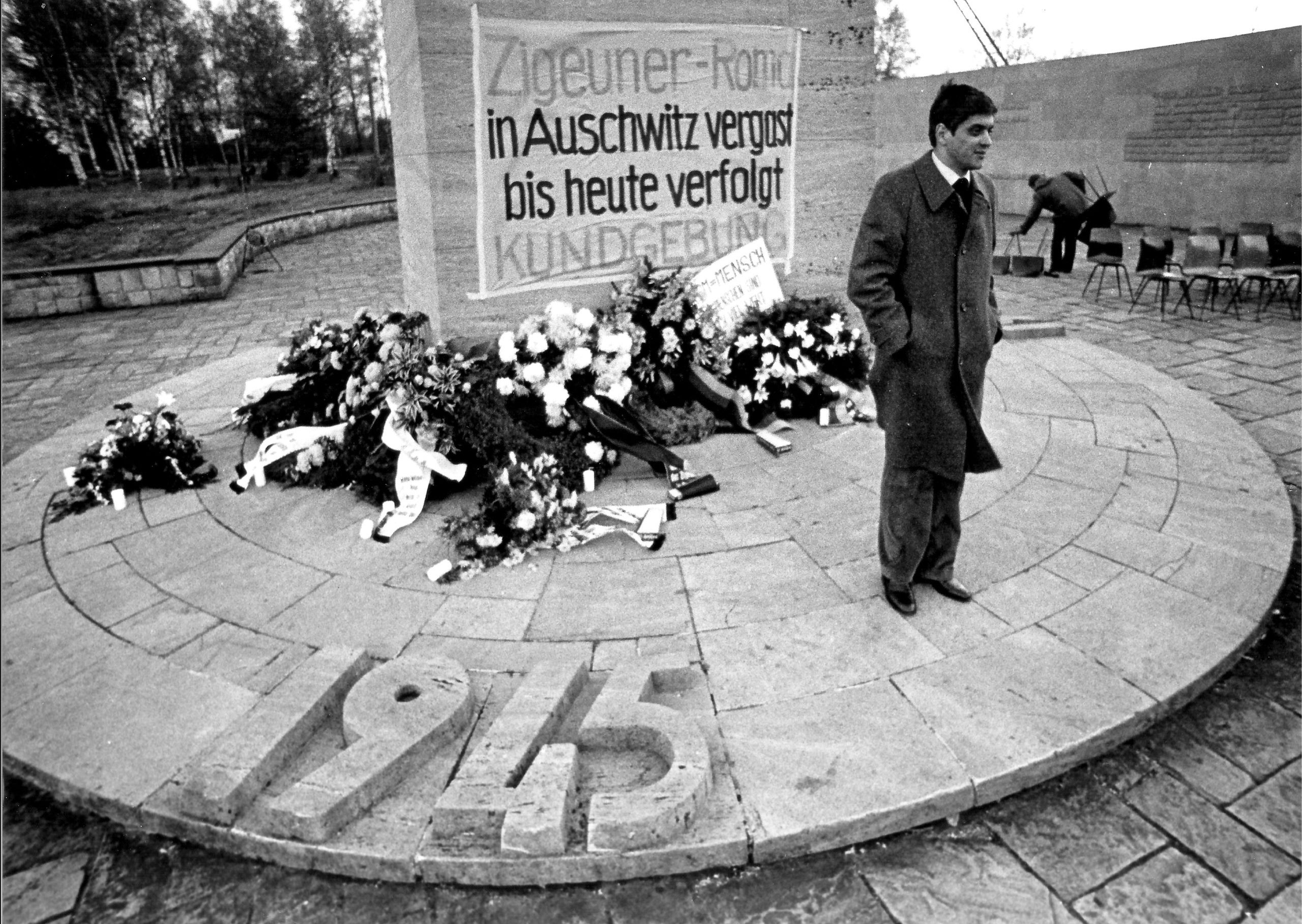
First public civil rights campaign against racism
Exhibition “The long path to recognition of the Roma and Sinti Holocaust”
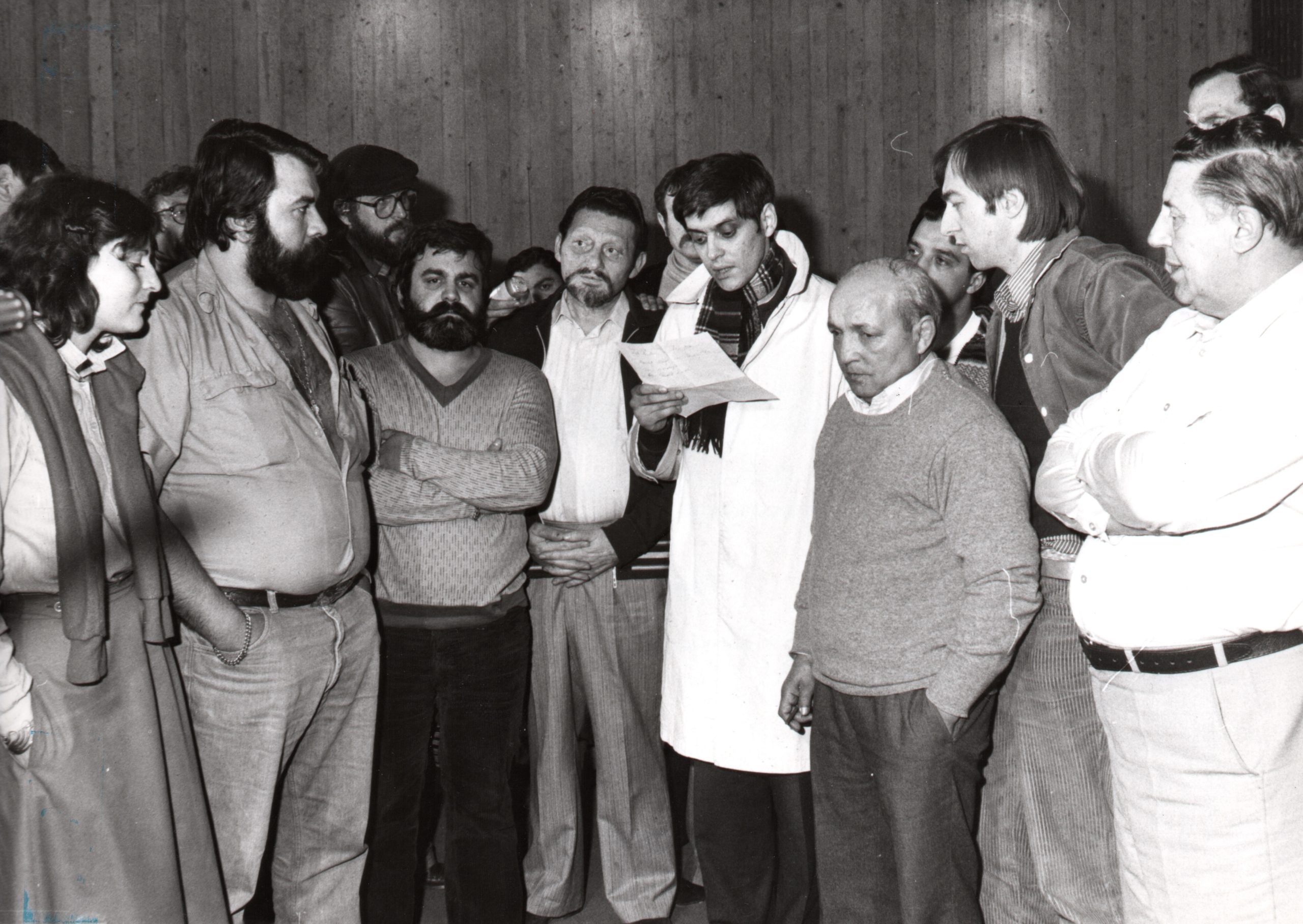
The hunger strike at the former concentration camp in Dachau
Exhibition “The long path to recognition of the Roma and Sinti Holocaust”
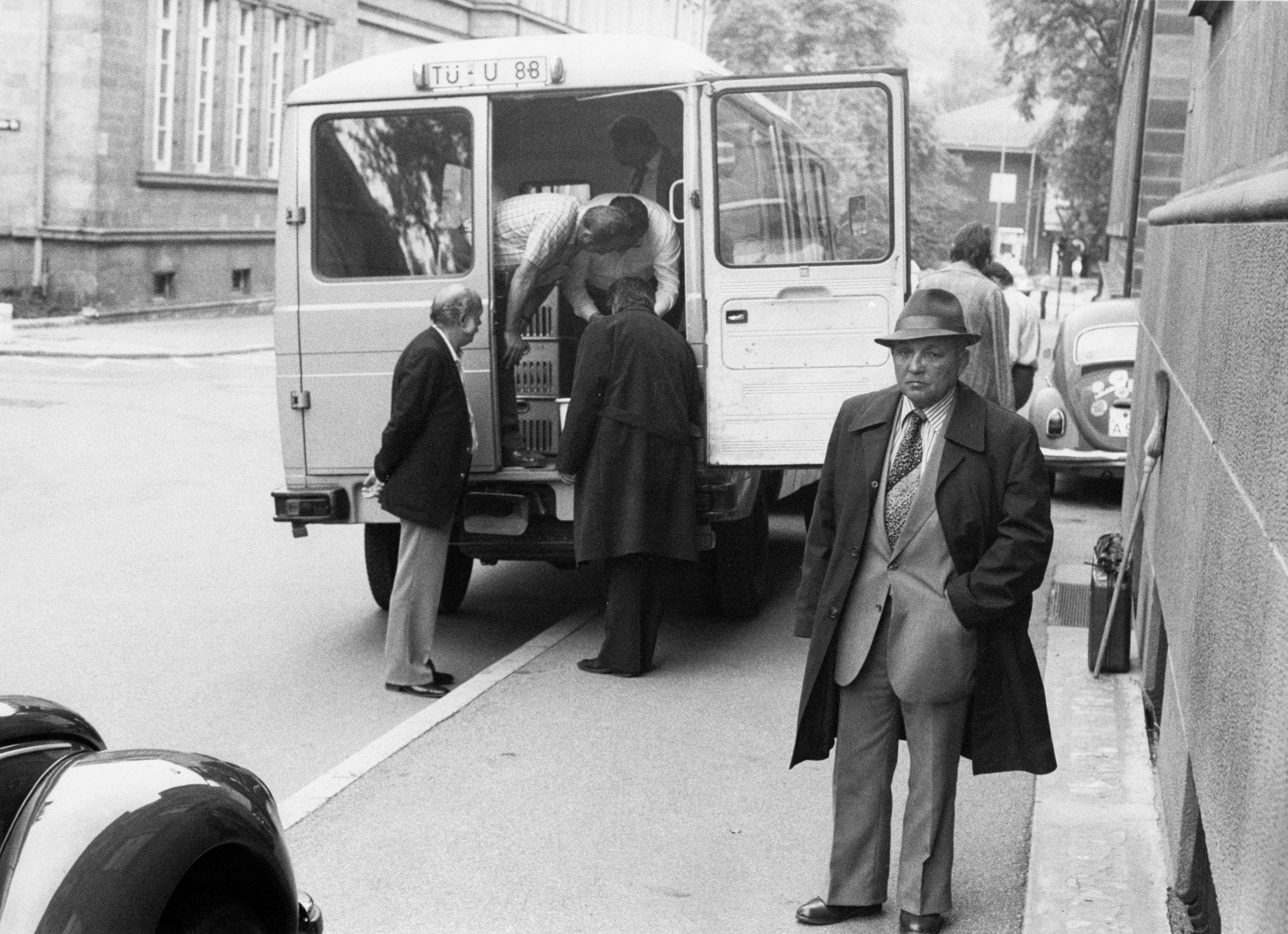
The search for the Nazi race files
Exhibition “The long path to recognition of the Roma and Sinti Holocaust”
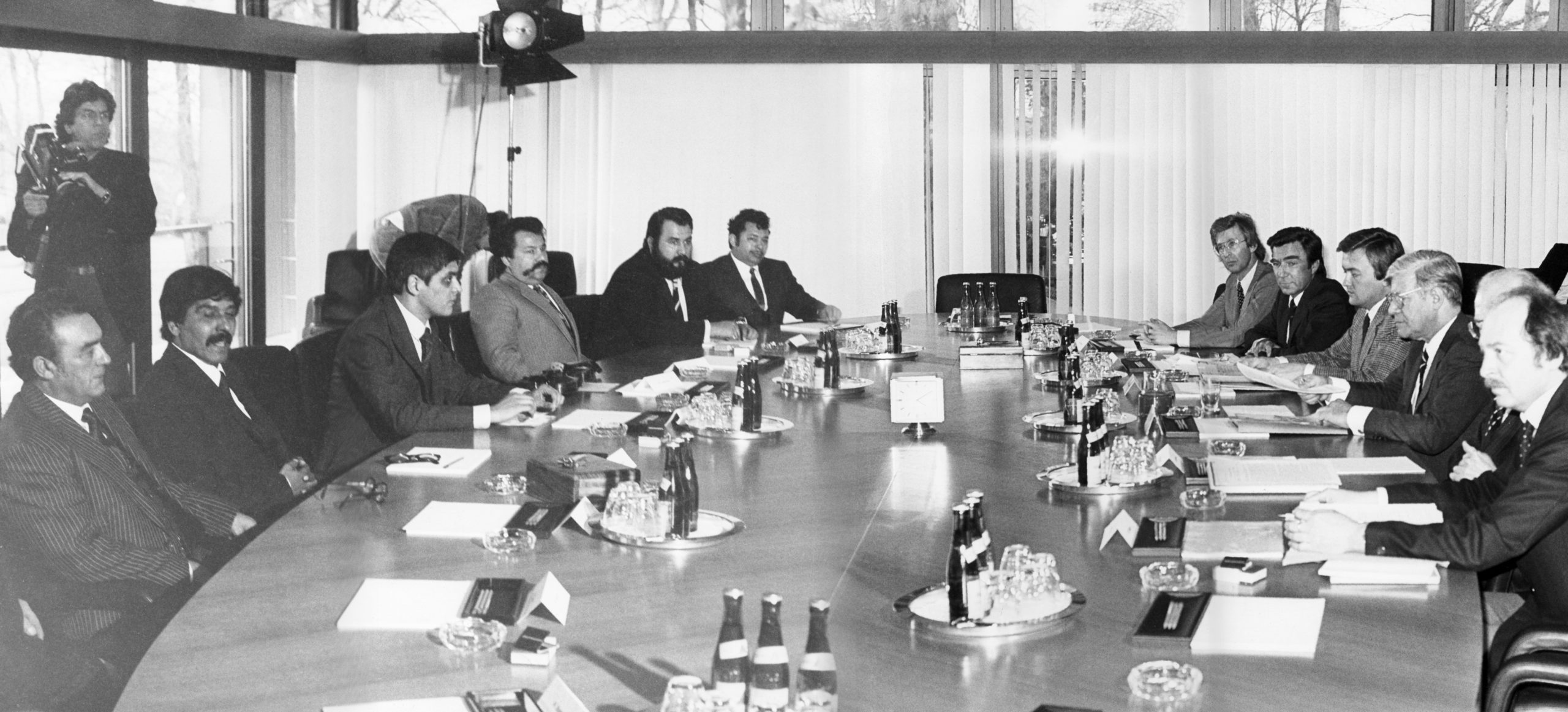
The recognition of the Nazi genocide of the Sinti and Roma
Exhibition “The long path to recognition of the Roma and Sinti Holocaust”
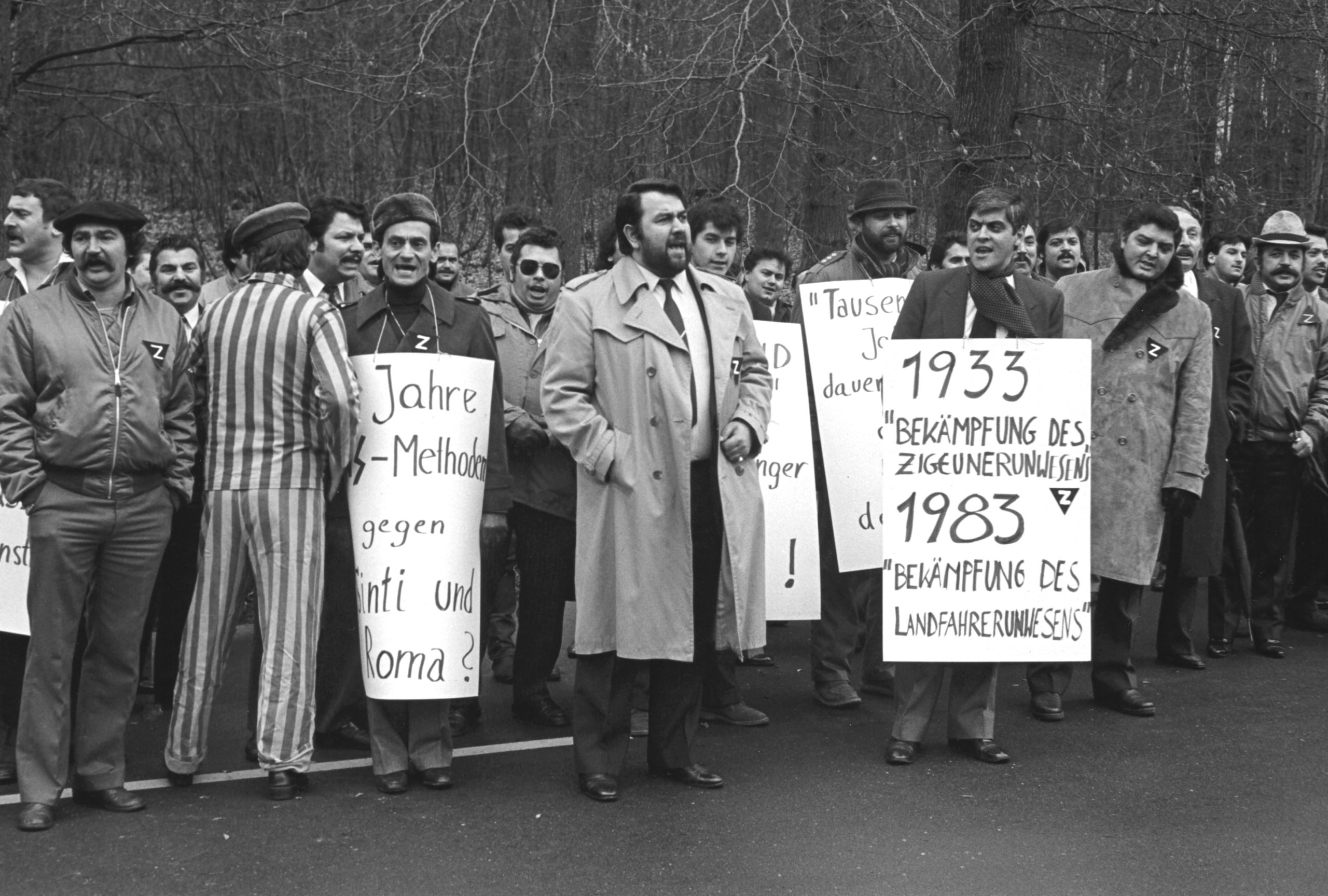
Protests against special registration by the police
Exhibition “The long path to recognition of the Roma and Sinti Holocaust”
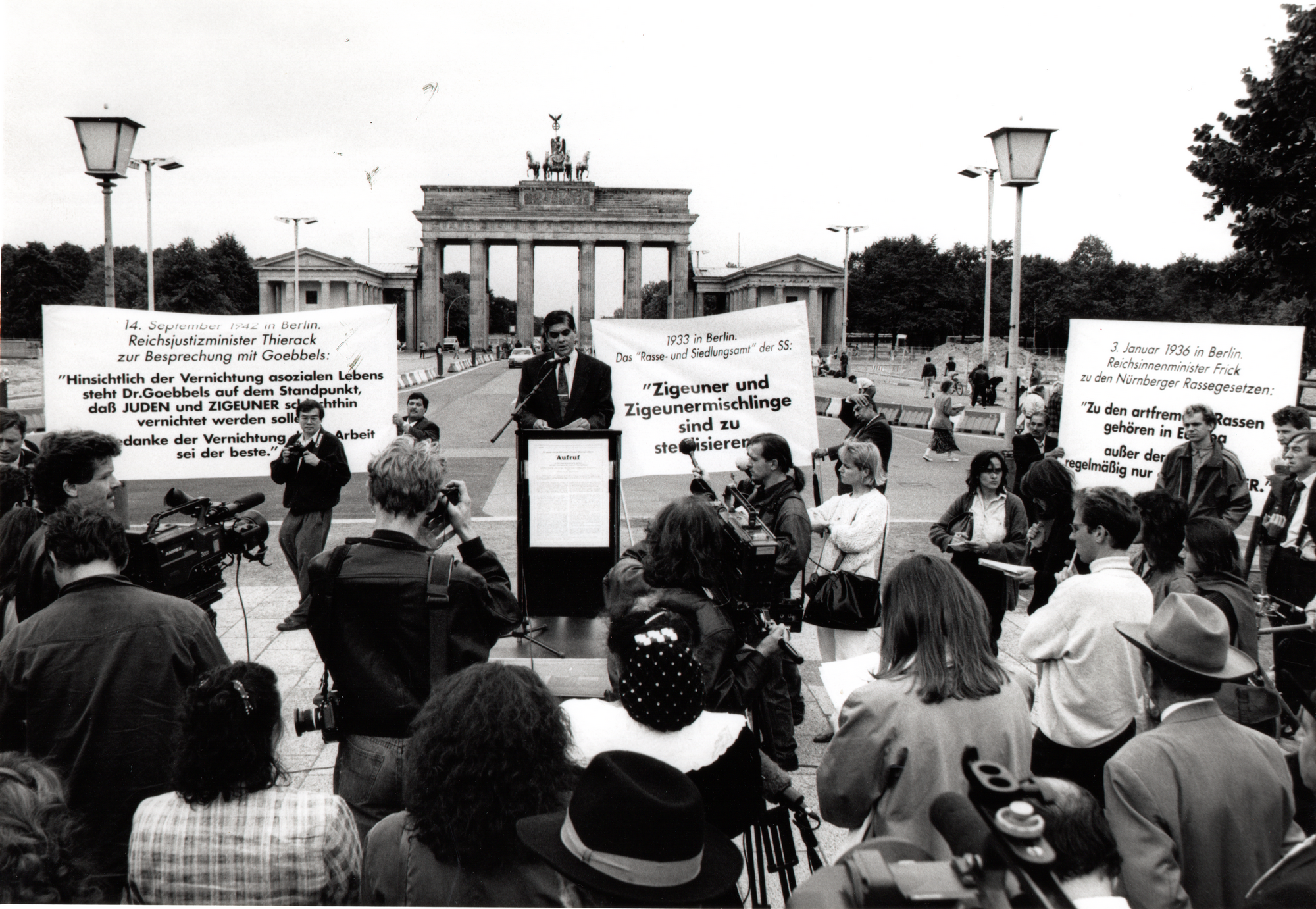
No appropriate compensation for Sinti and Roma persecuted by the Nazi regime
Exhibition “The long path to recognition of the Roma and Sinti Holocaust”
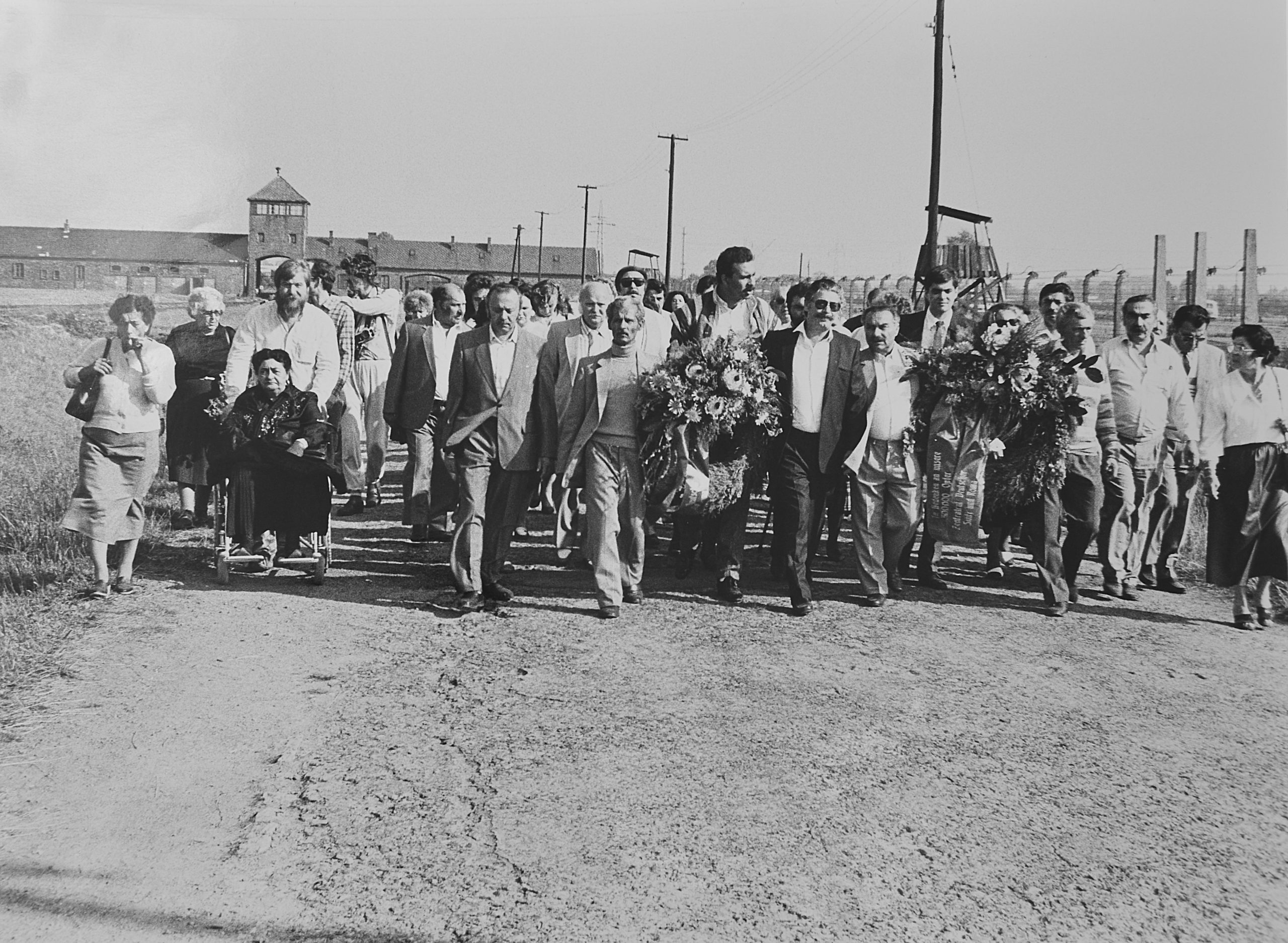
Remembrance in Auschwitz
Exhibition “The long path to recognition of the Roma and Sinti Holocaust”

The world’s first permanent exhibition on the Nazi genocide of the Sinti and Roma
Exhibition “The long path to recognition of the Roma and Sinti Holocaust”
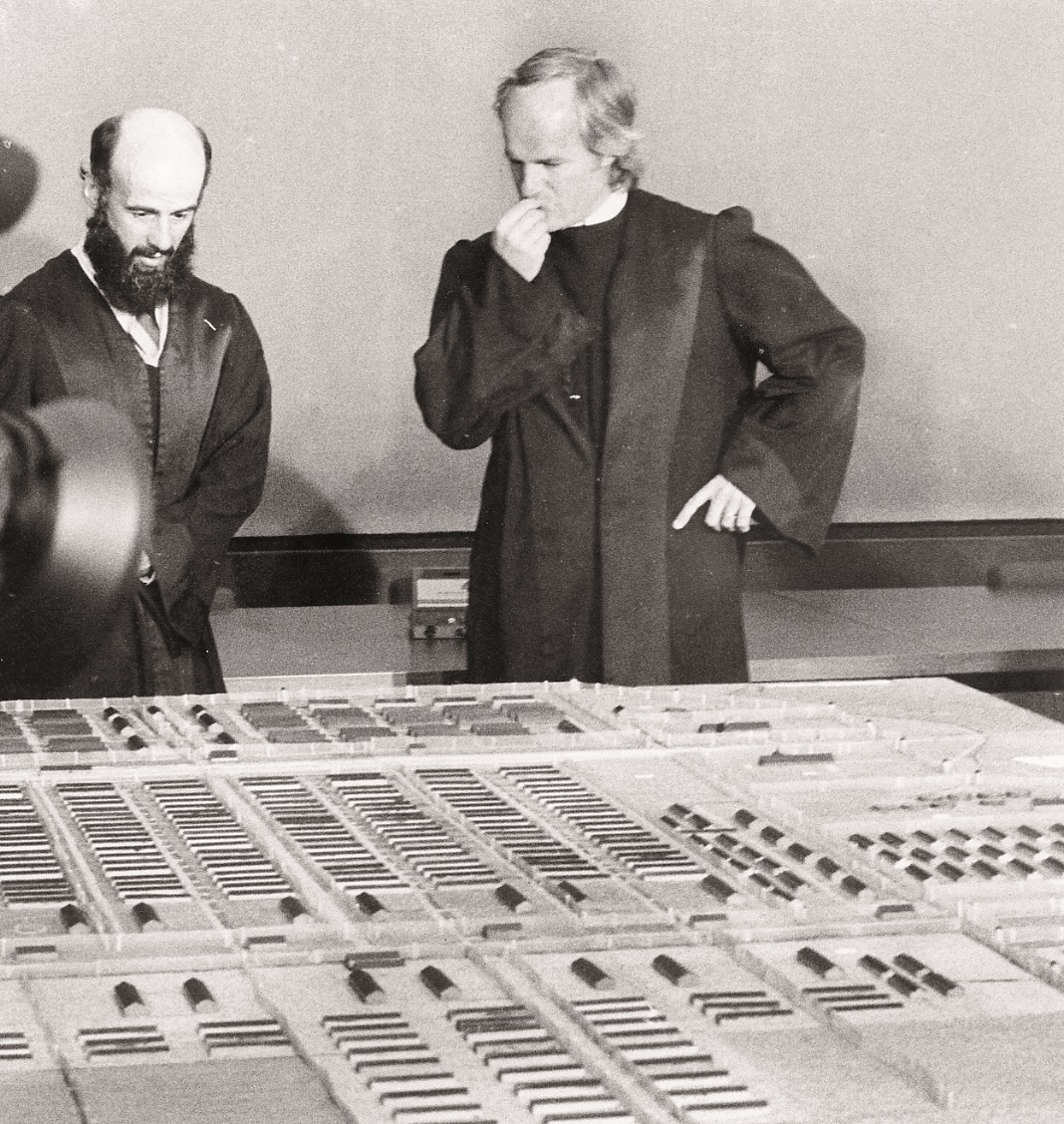
Clemency for the murderers – the Judiciary reviews Nazi crimes
Exhibition “The long path to recognition of the Roma and Sinti Holocaust”










